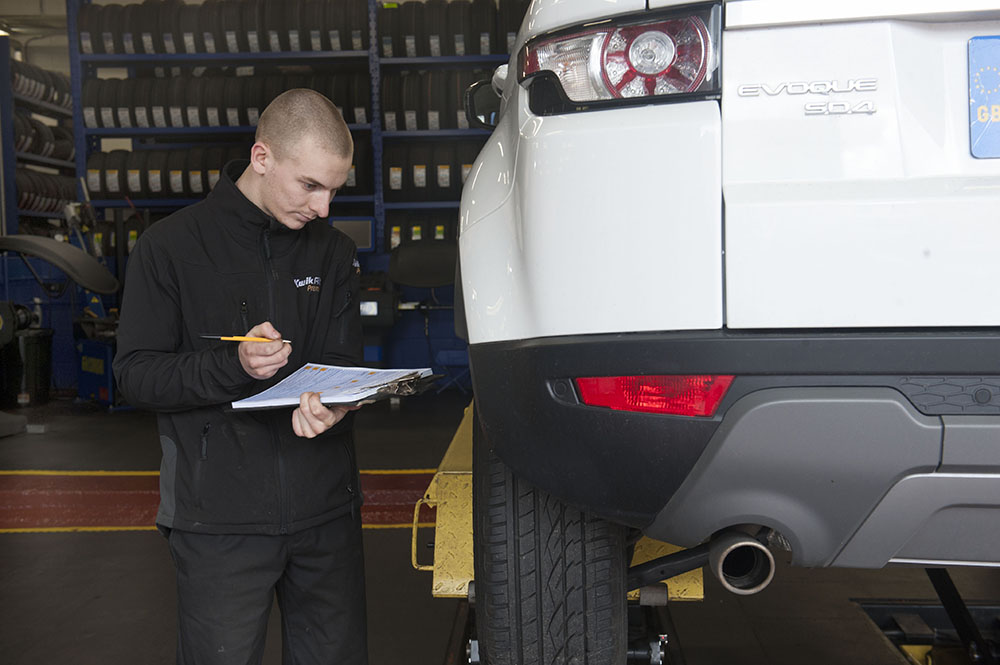With many drivers not making any checks on their cars between MOTs or services, the UK’s leading automotive servicing and repair company is urging motorists to be ready for the cold spell with an Arctic ‘BLAST’ check.
On average, drivers are still travelling fewer miles than before the pandemic but many will have to turn to their cars in coming days and weeks in the face of disruption to public transport. Kwik Fit has highlighted the key components which can be vulnerable to cold weather and are vital for ensuring a car can be relied on in winter, especially if a car has been used less frequently than previously.
The checks spell out the word ‘BLAST’ and are easy to remember when icy arctic weather is predicted.
- Battery. Batteries have to work harder to start a car in cold temperatures with problems sometimes only becoming apparent when it’s too late. If a battery has struggled to start a car in warmer weather, a cold snap may place too big a demand on it
- Lights. The importance of working lights is obvious during the shorter hours of daylight, not only to see but to be seen
- Antifreeze/coolant. Anti-freeze will protect the engine at low temperatures, but only at the correct level and concentration so the condition of the liquid in the reservoir and system should be checked
- Screen. Visibility can be poor in winter weather, so drivers should make sure their screen condition does not comprise it further. Screen wash level and wiper blade condition should be checked, as well as the glass for any chips or cracks. If not repaired, these can become more vulnerable in cold weather. Never use boiling water to clear icy glass as the very sudden temperature change brings a risk of it cracking
- Tyres. As the only point of contact with the road, having tyres in good condition is even more important when surfaces are slippery. Drivers should check tread depth, pressures and also sidewall condition. They should also ensure that their spare is ready to use if needed, or if their car has an emergency sealant kit they know how to use it
Roger Griggs, communications director at Kwik Fit, says: “The first cold spell of a year always reveals problems with cars which are a surprise to their owners. The most common of these is battery failure which can happen with little or no warning. A engine which was starting during warmer autumn months may simply be too much for an old or worn battery when the temperature drops.
“In the case of tyres, drivers may not have noticed excessive or uneven wear until they need maximum grip in slippery conditions – and at that point it may be too late. As is always the case in motoring checks and maintenance, prevention is much better than cure, so we urge drivers to carry out winter BLAST checks in advance of any journeys they need to make.”
For drivers who would like advice on these components, or are unsure what to look for, Kwik Fit offers a free winter safety check. Drivers can find more information and book their check at kwik-fit.com
